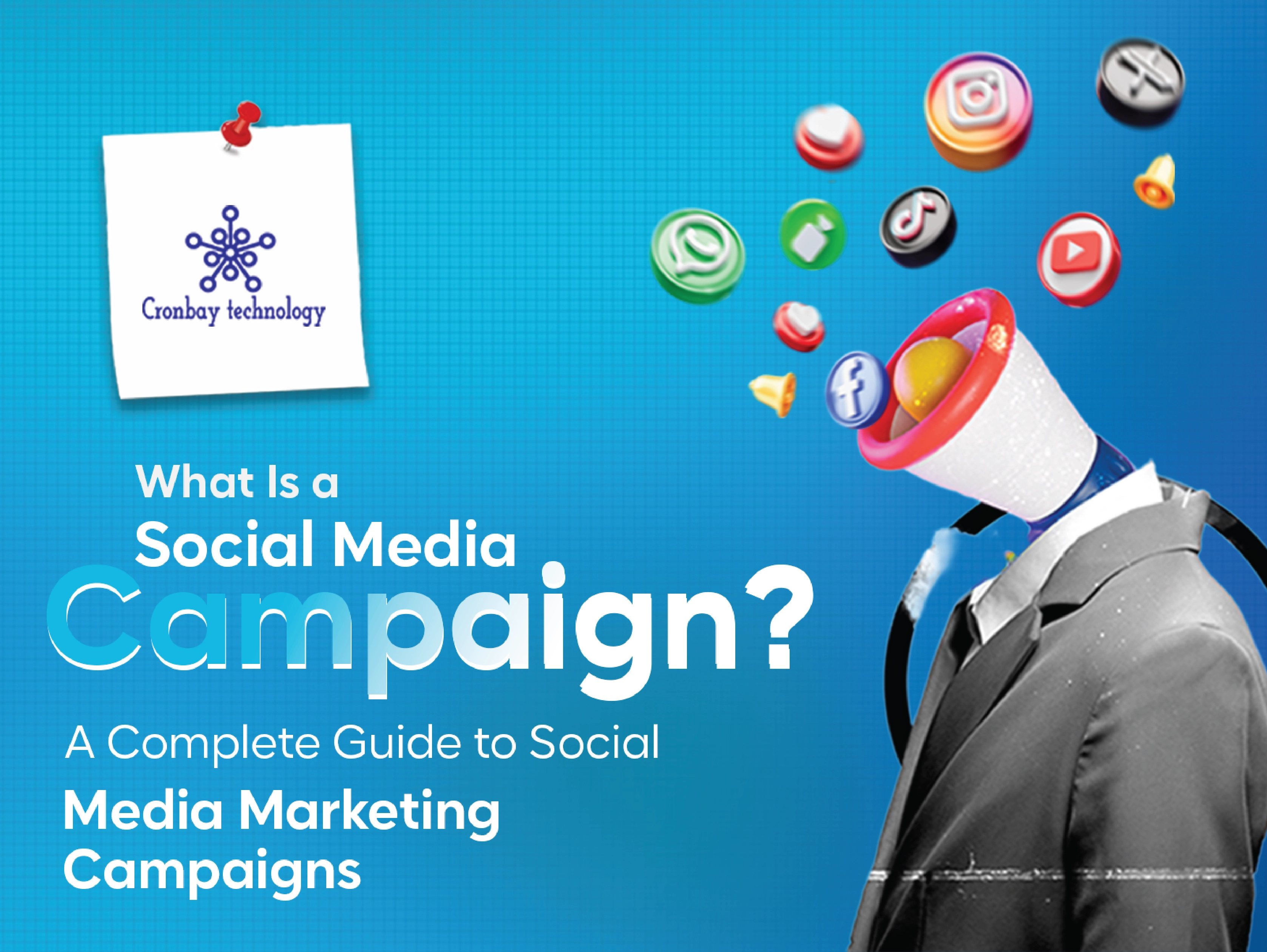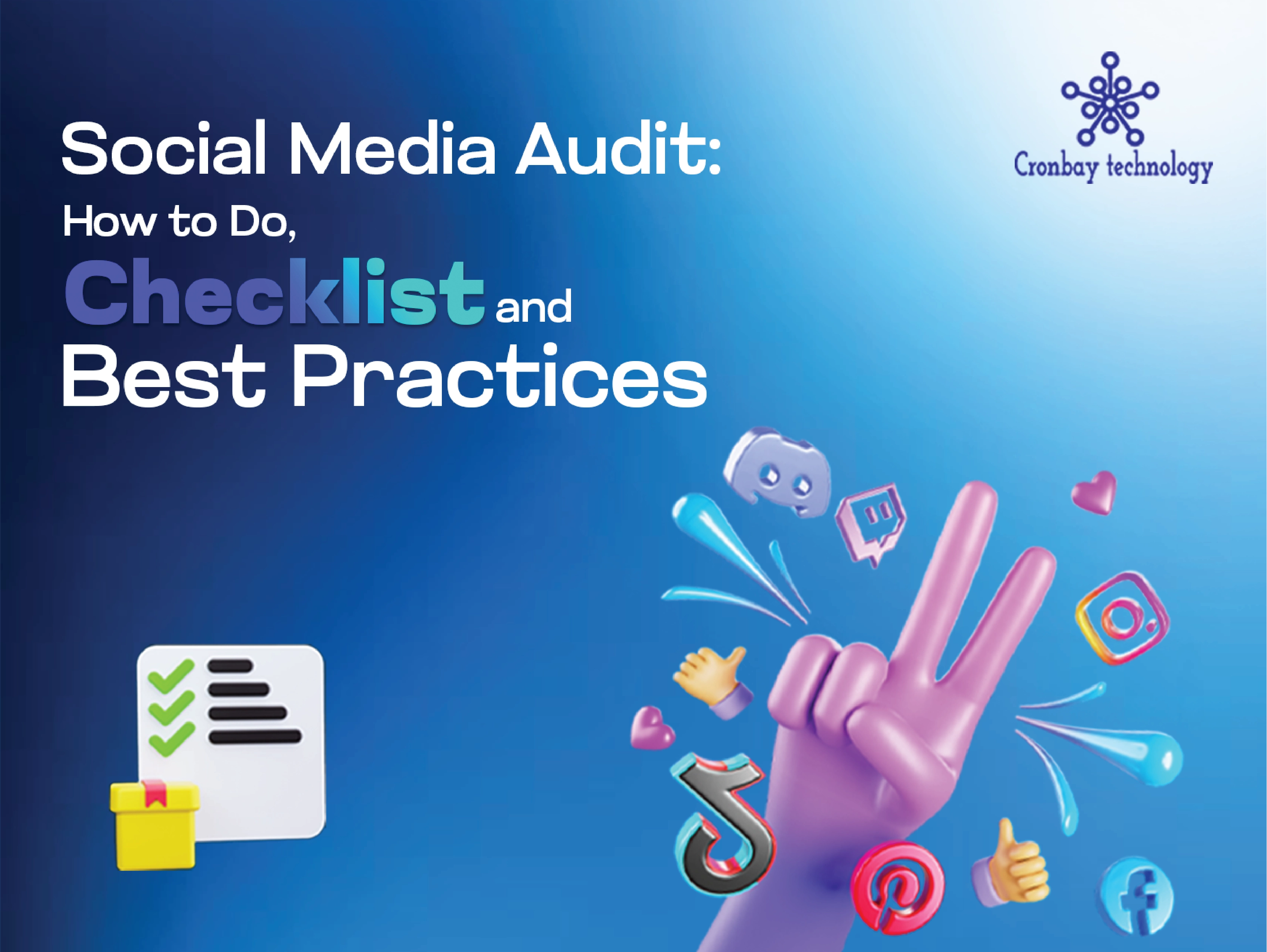Communities are social units that provide a sense of fellowship with other people as a consequence of having shared interests, ambitions, and attitudes. Communities are created when people share these things. The success of online communities is the responsibility of marketers who work in social media. It is not sufficient to just have a large number of social followers. In addition to this, you need to have an active community.
How do you build a community?
Invite your pals over
Invite your friends and acquaintances, as well as anyone who may have an interest in your company in general, to like or follow your page. They may help you by engaging with your social media postings and spreading your material. It is via this first audience that you can begin to create your credibility, reputation, and company. According to Statista, as of January 2022, the total number of users across all social media platforms amounted to 3.96 billion people.
Greet your clients
Encourage the individuals with whom you conduct business to like or follow your page on Facebook or Twitter. iCloud, Outlook, Yahoo, and other well-known email clients may all be used to import your Facebook connections' email addresses. This is a great approach to engage your existing consumers on your platforms since it's fast and straightforward.
Make use of CTAs based on social interaction
Your company's website can benefit from including a call to action encouraging social involvement. Using the Facebook Like button, for example, enables users to like your page without having to leave your website. Thank You pages that show when someone joins your mailing list, fills a lead form, or makes a transaction may also include the Facebook Like button. Visitors who have previously interacted with your company in one way are more likely to do so again on Facebook or another social media site in the near future.
Employers may use social networking sites to promote their businesses.
It's a good idea to separate your professional and personal lives on social media, but you may add social employer sites to your profile in order to grow a following. Your firm should be listed as your current employment in the work area of your Facebook and LinkedIn pages. Doing so will allow people to visit the company's website at their convenience. Edit your career and education details on your own About page to accomplish this.
Don't be afraid to use hashtags
Using hashtags in your postings is another wonderful approach to naturally growing your audience. If you want your material to be seen by a wider audience, consider using hashtags. Those who find your posts via the hashtags you use may be compelled to follow you if your material is interesting and well-written.
How can social media improve community engagements?
There has been a substantial shift in the relationship between citizens and governments as a result of the widespread use of social media. There are official Facebook and Twitter profiles for representatives, mayors, agencies, and even cities themselves. A byproduct of this is that citizens and community members are able to provide real-time feedback on municipal operations and decision-making processes. In addition, since the most popular social media sites are all free, governments and citizens may participate in direct communication at little or no cost.
Sharing local news and happenings through social media is a simple approach to humanise government leaders and staff and demonstrate the day-to-day work that is being done by municipal personnel.
And it's far more effective to answer queries from residents on a city website that's open to the public than it is to make several phone calls to each one.
Value of social media communities
People who have a shared objective or interest might benefit greatly from online organisations and communities. Similar viewpoints on a certain subject might lead to discussions on related topics including content, goods, and services, as well as several more concomitant problems. By creating a community, you'll be able to accept fees for subscriptions, memberships, and even special events or online lessons.
To promote your company as the mentor or guide for all these individuals, you'll be giving a focal point where they can congregate around while accomplishing all of this work. Every time a new member joins, there may be extra sharing and a fresh viewpoint on a subject of interest to everyone. This can produce something that has value for everyone in the community. There is no limit to the amount of information that may be exchanged among members of your community, even if your community is centered on a single topic.
Benefits of a social community for organizations
There are several ways in which online communities might assist you. Personal and more organised communities alike may benefit from many of the following aims and advantages, which are listed below.
Customer service and social customer assistance
Members of online groups are often ready to provide a helping hand. You may expect a response to your inquiries regarding goods and services from other members of the community, and that answer can be used by anybody who comes up with a similar question in the future. Customer support communities aren't meant to be solely governed by customers.
Collaborating with others in a group setting
Unexpected solutions can emerge when diverse members of a community get together to debate fresh ideas or issues. Internal communities are gaining in popularity because of this. As long as the community is appropriately built and allows you to identify and engage individuals in a mutually meaningful manner, it may serve as a collaborative platform. Using this method, participants may work together to achieve a shared objective and so experience a sense of ownership over the project.
Reputation
Customers and brand advocates may openly debate the benefits and disadvantages of our products and services in online forums. It's probable that if our community members are pleased with our work, they will spread the word to others in the community and beyond. In addition to the community, this reputation will expand.
Lowering expenses
Customers may ask questions and obtain answers from others in the community when they are part of a healthy customer community. In addition to lowering support costs, customer communities may help increase sales, generate new leads, and more.
Final Thoughts
In the social media world, everyone can have a significant influence, and as the number of people using social media grows, it has the potential to be game-changing for any company or brand.
Using social media to provide value to your consumers is a good strategy. You may learn a lot about your target audience's needs and wants by listening to what they have to say about your product or service. If you are looking for help from a professional you can click here to book the appointment right away.
Frequently Asked Questions
Q1. What is community building on social media?
Ans. Creating a sense of belonging among your fans and potential customers is at the heart of social media marketing. Community development on social media may be achieved through encouraging open discussion and cultivating ties with influencers.
Q2. In order to grow your social media following, what should you focus on?
Ans. Enter the discussion by joining social media groups in your area of expertise. To find out who is talking about you and your work, keep track of mentions and the hashtags linked with them. Your firm should be able to react quickly to social media mentions and queries. Don't automate your service support desk's email answers; instead, provide a human touch.
Q3. What are the benefits of building a following on social media sites like Facebook and Twitter?
Ans. However, establishing a community on the correct platform is critical, so that each new member brings greater value to the group. When members of the community are interested in your brand, the community is at its most effective.





